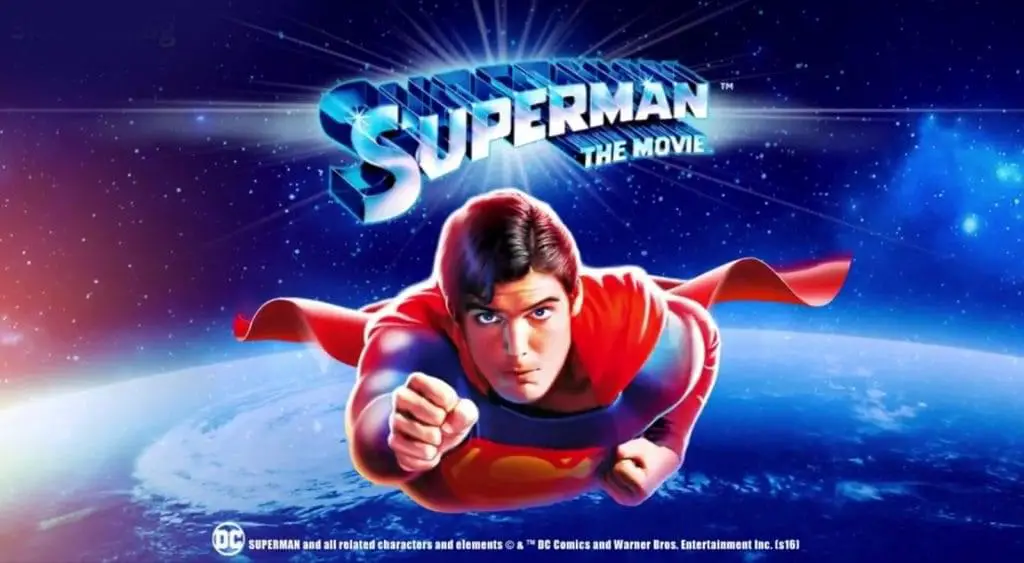
When Google acquired YouTube, it went against all good business sense and practice. Here was a company in YouTube that had never shown a profit in any way, shape or form, was inundated with copyright-violating material and was actively driving itself further and further in debt the more popular it became. It appeared the only reason major studios and television stations weren’t constantly suing YouTube was out of a belief that the company would outgrow itself into oblivion, or simply cease to operate when the remaining capital dried up. Why, then, would any company think that buying YouTube was a good idea?
Well, Google didn’t just think buying YouTube was a good idea, it felt it to be a $1.65 billion in stocks good idea. The industry shook. What did it all mean? Self-made billionaire Mark Cuban was among one of the more vocal, criticizing the deal as downright crazy. Rumors began to circulate, that now that YouTube had a financial juggernaut behind it like Google, that it was finally going to become a more assaulted copyright-infringing target. And even moreso, once suits were being filed or videos were being forced off of the YouTube network, would the essence of what made YouTube popular in the first place finally disappear? Without the copyrighted videos and obscure programs from other countries, what is YouTube but a collection house for crappy webcam vlogs? The first volley has already been fired, with 30,000 copyright-infringing Japanese videos being forced off the video-sharing site.
But Google is one of the most powerful websites on the internet, comprised of thousands of genius employees whose sole job is to come up with new ways to utilize the web before anyone else does (imagine having a job where all you are required to do is think), so once again the question becomes why did Google buy a website that was dying out as it was, and will most likely be hit even harder now that it has financial backing?
The arguments have been varied: Google wants to be the premier video indexing site on the internet, and outside of their own video system, they weren’t doing a very good job. In fact, YouTube’s in-house video searches were doing better (46% of all video searches on the internet were done within YouTube). Out of a simple need to build up their own indexing system, they acquired YouTube.
Or advertising. YouTube has a huge audience right now, and anyone who advertises with them, via viral or traditional means, is getting to the eyes of a great multitude of people. Google wanted to bring in more advertising revenue, or develop new advertising systems period, so they acquired YouTube.
What about re-defining the way bandwidth is calculated and used on the internet? By using Google’s networking system, YouTube is able to save huge on bandwidth costs, and Google gets to test out their system even further. Perhaps this test case leads to Google building an infrastructure where future video streaming and sharing sites can be housed. Maybe this leads to the bigger investment when TV finally makes the leap to being an internet-based system, and the best place to set up shop is on Google’s systems.
I would even submit that Google’s acquisition could be more subtly sinister, in that they bought YouTube in an effort to offer up a sacrifical lamb, and see how much they can really get away with. Let me explain:
If companies were holding off on a blatant copyright-infringer like YouTube because they knew there was nothing to be gained but ill-will and public backlash (look at what happened to the RIAA and the hatred that still exists whenever you hear of another P2P system being eliminated), then what were they really allowing? Essentially the circumventing of the entire copyright system. Sure, a site like YouTube that’s getting thousands upon thousands of video uploads a day can be challenging to police, but it can be policed. So now that Google’s got the site, the vultures can descend and pick YouTube apart, and with Google structuring the deal so that the creators of YouTube still maintain the brand, if YouTube goes south Google itself does not.
Plus, this is a $1.65 billion deal that has not fully occurred yet. The only thing that has been agreed upon is that Google is allowed to purchase said stocks, but that the sale itself doesn’t happen until end of the fourth quarter 2006. So what can happen in the meantime? Everything.
Companies with copyright claims can come in and assault YouTube left and right, finally do the damage they’ve been rumored to be thinking about for a while. And during all of this, Google can sit back and see how bad it’s going to get. If in the end YouTube is a shell of its former self, with nothing but silly webcam crap and advertiser-sponsored viral videos, Google can purchase fewer stocks, or the arrangement can shift. In essence, Google by announcing a sale can wind up hastening the death of YouTube and ultimately turn their back on the competing site (remember, Google has a video site where they sell content that often shows up on YouTube for free) after it has been crippled by lawsuits. Just a theory.
At the end of the day, it’s still all speculation and will continue to be speculation until we have something concrete to point to. But when a site like Google makes a move that appears to be insane business-wise, it inspires conversation and questions? What do they know that we don’t? Could they really be as crazy as Mark Cuban is accusing them of being? Are we witnessing the beginning of a genius move or one of the biggest public screw-ups ever made? What do you think?
Let Film Threat know what you think about the Google-YouTube merger, and what it means for the filmmaking, television or online industry in our Back Talk forums>>>

